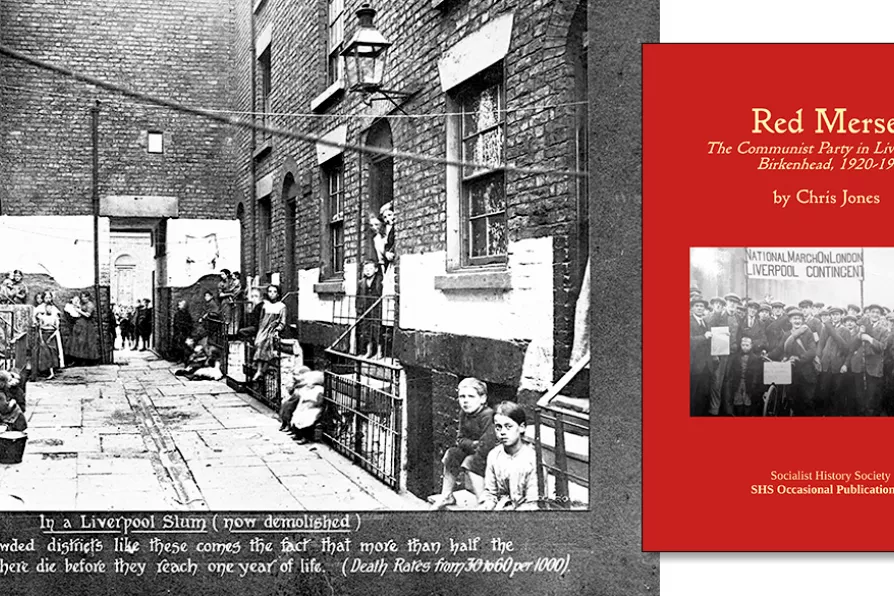The Bard stands with the Reformers of Peterloo, and their shared genius in teaching history with music and song
For Mersey’s sake
MIKE SQUIRES recommends a rare history of the Communist Party in Liverpool

 [The History Trust of South Australia/CC]
[The History Trust of South Australia/CC]
The Communist Party in Liverpool and Birkenhead, 1920-1940
Chris Jones
Socialist History Society, £5
WRITING local labour movement history is never an easy task. Unlike the ruling class, who litter themselves with memoirs about their contribution to the locality and its wellbeing, the organisations of the working class often fail to see the value of reserving records.
Nowhere is this more true than with the Communist Party.
Similar stories

On the 121st anniversary of communist Claudia Jones’s birth ROGER McKENZIE looks at political events that shaped her, and those she helped shape

TONY FOX invites readers to come and hear the story of the remarkable Liverpudlian International Brigader Alexander Foote

BOB NEWLAND relishes a fascinating read as well as an invaluable piece of local research

With most of recorded history dominated by the voices of men, LYNNE WALSH encourages sisters to read the memoirs of women – and to write their own too










